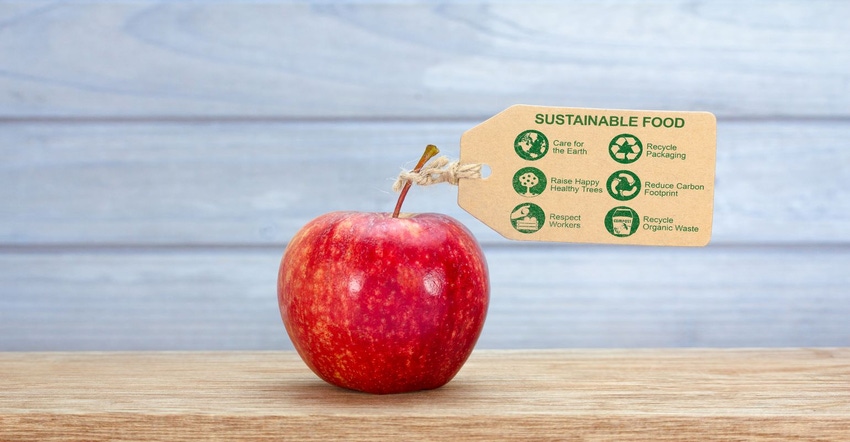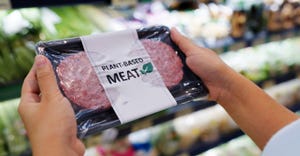Two recent surveys indicate consumer interest in sustainability initiatives continues to rise, and could have purchasing power.

If recent studies and surveys are any indication, 2022 looks primed to be the year of sustainability in the food and beverage world.
In recent weeks, Cargill’s proprietary FATitudes survey indicated more than half (55%) of consumers would be more likely to buy a food item if it included a sustainability claim. Additional revelations from that survey included a 13-point increase in the purchase impact of sustainability claims in Brazil and Mexico from 2019-2021, as well as a 6-point increase in likelihood of purchasing a food with a sustainability claim amongst U.S. shoppers. Another recent survey asked consumers how the food industry can best limit waste, with responses indicating a strong propensity from consumers to value sustainability initiatives.
Recently, two more studies have highlighted the degree to which consumers value—and can be swayed by—sustainability claims.
One survey, conducted by the World Resources Institute (WRI), examined how persuasive sustainability claims are when presented to potential diners. For the survey, WRI presented more than 6,000 U.S. consumers with 10 different types of sustainability messaging on a mock menu containing six meat-based dishes and two plant-based dishes. From the study, “Each of the 10 sustainability-focused messages communicated a unique (combination of) benefit(s) to consumers—ranging from taste/flavor to environmental impact to health/performance to generosity/altruism.” Participants were then asked to select a dish from each of two menus—one lunch, one dinner.
For nearly all kinds of messaging, participants who were shown a sustainability claim were more likely to order the plant-based dish than those in the control group, which received no such messaging. Two of the message types, described as “small changes, big impact” and “joining a movement” more than doubled the likelihood a consumer would choose the plant-based option. These participants were also more likely to order a vegan or vegetarian dish the next time they dined out.
Though this study was done in a controlled environment and mimicked dine-in eating, rather than packaged goods, the takeaways can be applied to both. If consumers sitting down for a meal are more inclined to consider plant-based dishes after being educated on the sustainability of such a choice, the same may well hold true of packaged food and beverage. And another recent study indicates consumer interest in sustainable packaged goods is also on the rise.
In a recently conducted proprietary study, Retail Insight indicated “original research of over 1,000 U.S. shoppers … showed over two-thirds (77%) have tried to be more sustainable in their consumption habits in the last 12 months, rising to 88% in the 25–34-year-old demographic.” Perhaps more importantly to food and beverage brands, consumers also indicated a willingness to back up this desire with their wallets; about half (49%) of consumers said they’d be happy to pay a premium for goods considered “green.” That percentage shot up to 64% of Millennials, of whom 52% indicated they would “be happy for the price of their weekly shop to be higher if it meant helping the environment.”
The Retail Insight survey also indicated consumers believe grocers can and should be doing more, with two-thirds saying retailers could improve their sustainability credentials and only 6% believing retailers were doing all they can. Additionally, consumers are weary of empty words; more than half of consumers believe “too often grocers merely paid lip-service to sustainable initiatives." As for how to improve sustainability within the industry, 70% of consumers believe retailers use excessive and/or unnecessary packaging, with about the same percentage concerned about food waste.
“It’s now more important than ever that grocers’ sustainability initiatives go beyond the rhetoric,” remarked Paul Boyle, CEO, Retail Insight. “Consumers are voting with their feet—and their wallets—and are actively choosing brands who are genuinely committed to reducing their environmental impact on the planet.”
About the Author(s)
You May Also Like






